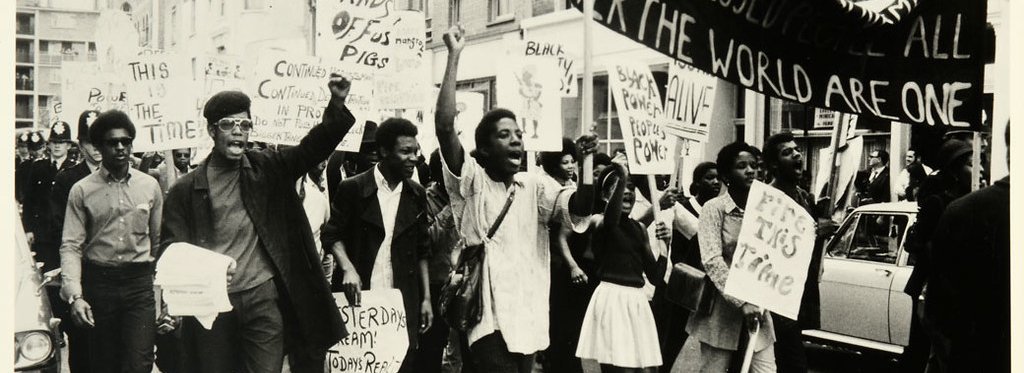| 1 min read
This article addresses the field of British political history's blind spot when it comes to race. Where modern British political historians are comfortable approaching politics in ‘high’ and ‘popular’ forms as well as in terms of ideas, institutions and policy, they often struggle even to see a politics of race in operation. Using examples drawn from research on the post-1945 history of the white supremacist movement in Britain, this article maintains that the means to render race visible in the political history of modern Britain lies in the incorporation of previously overlooked perspectives. In search of these perspectives, it looks to black British history and critical studies of race. In particular, it highlights analyses and critiques of British racism by black political activists, from those who organised in response to the 1959 murder of Kelso Cochrane, to the Black Power groups of the 1970s.
Need help using Wiley? Click here for help using Wiley






